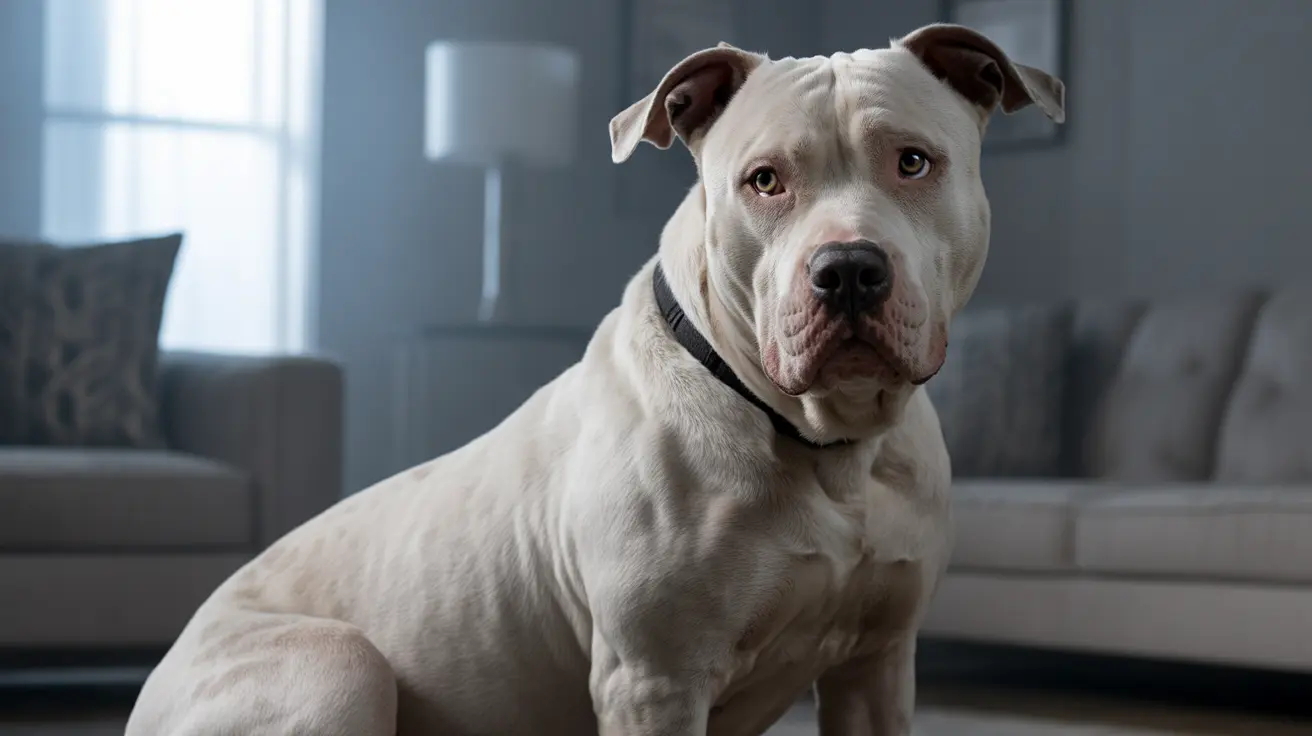If you've been kept awake by your dog's nighttime crying, you're not alone. Many pet owners face this challenging behavior, which can stem from various causes ranging from medical issues to emotional needs. Understanding why your dog is crying at night is the first step toward helping both you and your furry friend get a peaceful night's sleep.
In this comprehensive guide, we'll explore the main reasons behind nighttime whining and provide practical solutions to address this common concern.
Medical Causes of Nighttime Crying
Before assuming your dog's crying is behavioral, it's essential to rule out potential medical issues. Dogs often use whining to communicate physical discomfort or pain, especially when trying to rest.
Physical Discomfort and Pain
Senior dogs might whine due to arthritis or joint pain, which can become more noticeable when lying down. Younger dogs might cry due to injury, digestive issues, or other medical conditions that cause discomfort.
Age-Related Medical Issues
Older dogs may develop cognitive dysfunction syndrome (CDS), similar to dementia in humans, leading to increased nighttime vocalization and confusion.
Emotional and Behavioral Reasons
Separation Anxiety
Many dogs experience anxiety when separated from their family members, even if just in another room. This anxiety often manifests as whining or crying, particularly at bedtime.
Environmental Stress
Changes in the environment, unfamiliar sounds, or new sleeping arrangements can trigger stress-related whining. This is especially common in puppies adjusting to a new home.
Solutions for Peaceful Nights
Establishing a Routine
Creating a consistent bedtime routine helps your dog understand when it's time to sleep. This should include:
- Regular evening exercise
- Consistent feeding times
- A calming pre-bedtime ritual
- Set bathroom breaks
Creating a Comfortable Sleep Environment
Ensure your dog has a comfortable, quiet sleeping area with appropriate bedding. Consider using:
- White noise machines to mask disturbing sounds
- Blackout curtains to maintain darkness
- Comfortable temperature settings
- Familiar comfort items like blankets or toys
Professional Help and Training
If nighttime crying persists despite your best efforts, consider working with a professional dog trainer or behaviorist. They can help identify specific triggers and develop a tailored training plan for your pet.
Frequently Asked Questions
Why does my dog whine at night for seemingly no reason?
Dogs may whine at night due to anxiety, discomfort, attention-seeking behavior, or age-related issues like cognitive dysfunction. If the behavior is new, consult your veterinarian to rule out medical causes.
How can I tell if my dog's nighttime whining is due to anxiety or a medical issue?
Look for patterns in the whining behavior. Medical issues often cause consistent discomfort and may be accompanied by other symptoms like limping or changes in appetite. Anxiety-related whining typically increases with specific triggers like being alone or during storms.
What are common causes of senior dogs whining at night, and how can I address them?
Senior dogs often whine due to pain from arthritis, cognitive dysfunction, or anxiety. Address these issues through proper veterinary care, pain management, and maintaining familiar routines to reduce confusion.
How do I help a puppy stop whining at night in their crate or bed?
Gradually acclimate your puppy to their sleeping area, use positive reinforcement, maintain a consistent schedule, and ensure they've had adequate exercise and bathroom breaks before bedtime.
What steps can I take to reduce my dog's separation anxiety-induced whining when I leave the house?
Work on desensitization training, provide engaging toys and activities, consider anti-anxiety aids recommended by your vet, and practice short separation periods to build confidence gradually.






